Out artist Melissa Ferrick is back on the road with a new album that covers the classics
Melissa Ferrick is trying something new: Following 2008’s Goodbye Youth which relied on only her acoustic guitar, voice and intimate lyrics the singer-songwriter’s latest effort Enough About Me, released in March, is more of a covers project.
Ferrick borrows eight of her favorite songs, from Postal Service’s “Such Great Heights” to Radiohead’s “Creep,” and puts her own spin on each track U2’s “One” is barely recognizable.
The album still has some of Ferrick’s original songs, with more produced versions of “Bad Habit” and “Hypocrite” off Goodbye Youth.
Shewired caught up with Ferrick recently at the SXSW music festival in Austin, Texas and talked about coming out, her new gig as a teacher and, of course, music.
SheWired: First of all, I love the title of the new album, “Enough About Me,” what made you want to do record an album of mostly covers?
Melissa Ferrick: My first idea was to do two covers records: One called For the Boys and one called For the Girls, and I had artwork all ready for both — I was going to be in drag on the cover of one and then totally femmed out on the cover of the other.
Then when I realized I had to learn 22 songs I was like, “Screw this, this is too much work” (laughs).
I started with the Aimee Mann song and the Radiohead song … and I thought it might be on EP with maybe five songs…. When I started working on it in November, I suddenly had eight songs done … and then I had those two songs of my own (off Goodbye Youth) where I cover myself, and I think it’s hysterical that I can’t put out a record without any of my own songs on it — enough about me but not really, you know what I mean?
What’s it like recreating other people’s songs?
It’s really fun because I play so many shows a year live that I end up stumbling upon other people’s songs while I’m playing my own — that’s how I stumbled upon “Babylon” by David Grey.
The songs kind of take on a life of their own particularly with the U2 song (“One”)… I didn’t put in the very recognizable edge guitar line. It’s a sad, melancholy song lyrically, and I wanted to bring that into it instead of the way U2 does it. There’s such a sadness in it for me because I see so much of the not carrying each other in the world.
More on next page...
\\\
(continued)
I think this might be the first time the Barenaked Ladies and U2 have ever been on the same album ? How did you choose the songs for the album?
The idea was to do two songs from each decade of my existence so far. Those two songs were so senior high school dance … I always loved (“Call and Answer”)… I relate to that song a lot. I feel like it’s about being with somebody while you’re gone all the time.
So then is this album like a soundtrack for your life?
I don’t want to say that because I still want to make that album, but it’s a taste of my pop music history. I’m a huge Aimee Mann fan and certainly doing a song by a friend of mine Lori McKenna touched on my Boston roots. She’s written songs for Faith Hill, so I kind of felt like throwing in a song from a friend of mine. Not that this record will make her nearly the kind of money the Faith Hill records made (laughs). I do try to support and help the songwriters I love so much.
You also covered “Moses” by Patty Griffin, which you’ve been playing for years.
We needed one more song to make 10, and (my manager) said, “You should play the crap out of ‘Moses’ like you do live and put one song on there for the die-hard fans who love you by yourself.” And I did that seven hours before I mixed the record. It was a last-minute addition; it seemed like a no-brainer and just played it once and that was it.
More on next page...
\\\
(continued)
This is a much different album than Goodbye Youth, what was the recording process like?
I did the whole record in a home-recording studio, and I did it all by myself…I really didn’t know if it would ever become a record; I was doing it just to do it. I haven’t been writing a lot of original material lately so it kept me playing; it kept me singing; it kept me working; and it’s important to keep playing and singing and being inspired even if it’s through other people’s music.
I’ve broken through the writer’s barrier and I’ll have a new album with originals this fall.
You also started teaching music recently.
I taught at Berklee College of Music last summer they have a five-week program for kids. It’s awesome; I’ll be teaching songwriting there again this summer.
So do they call you Professor Ferrick?
I’m a bona fide professional (laughs). That was the beginning of feeling stoked again about making music and getting on the road again hanging out with these (14- to 18-year-old) kids.
I’m kind of a one-on-one teacher for kids with a talent for songwriting and not songwriting in the sense it’s a song you could sell, but a song from the soul. So I’m working with some pretty intense kids and some pretty arty kids.
I think I got more out of it than they do it’s really inspiring it keeps me from getting bitter. All I do is hang out and drink coffee we drink enormous amounts of caffeine. They play me their songs and I show them how to copyright them and record and make a MySpace page, T-shirts, open a record label I’m kind of the DIY guide at Berklee.
More on next page...
\\\
(continued)
You’ve been in the music business since you were basically a teenager, how have you seen it change?
When I made my first record with Atlantic they were considering pressing it on vinyl. We still had cassettes and there was no Internet. The other weird thing: There wasn’t anything like a gay marketing department, and then when I did my second record they opened one, which I thought was hysterical. Gay marketing didn’t exist now I feel like I am a gay market (laughs).
You’ve come out privately and publicly, which was harder?
Publicly, I guess. It wasn’t hard privately that happened when I was 16. My first record came out in 1993 on Atlantic, and they asked me if I would come out and use it as a publicity angle. I was very uncomfortable and I didn’t want to do it … I wasn’t ready and I felt weird about it.
When my first record didn’t work, and I didn’t become famous, I was 22 and mad about it (laughs). When my second record was ready … and they wanted me to come out and I did. But to be brutally honest, I only did it because I thought it would help me sell more records … that’s the head space I was in, and it’s no wonder that it didn’t work because it really didn’t come from an honest place.
My advice to other queer people and now people are saying don’t come out, it’ll ruin your career, stay in the closet for me, it’s not about ruining your career or creating your career, it’s about if you’re comfortable being out for yourself. Not to sell a movie or to sell a record or to play a part or act a part or meet the need for someone else, I don’t agree with that.
In hindsight, I wish I had done it with grace and from a true place. Since I came out, it really hasn’t been an issue. I refuse to believe that I don’t get played on a radio station or booked for a show because I’m gay. I don’t think that that happens to me, and if it does, I’d rather live with the ignorant bliss.… For me the gay-thing is part of who I am and it’s part of my audience.
Get more from Jamie here!




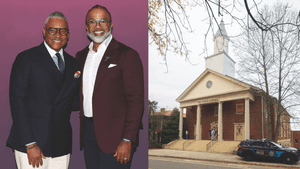

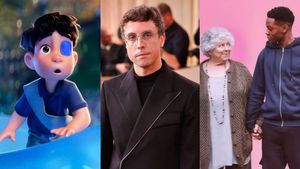
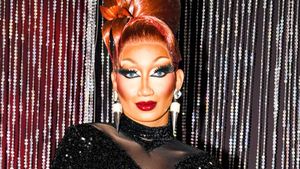






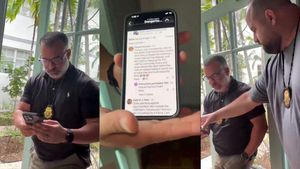
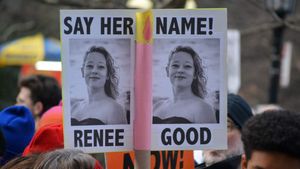





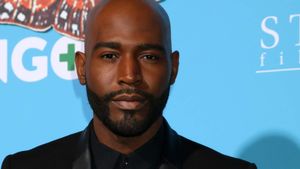



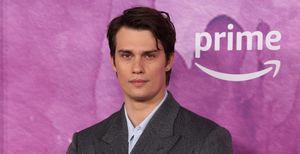


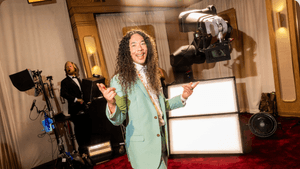



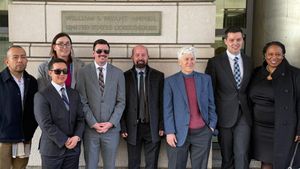


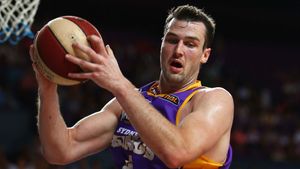





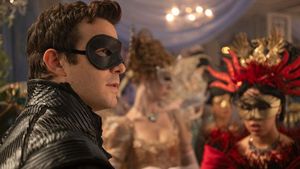

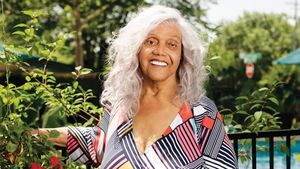

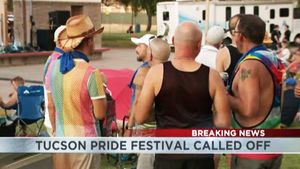
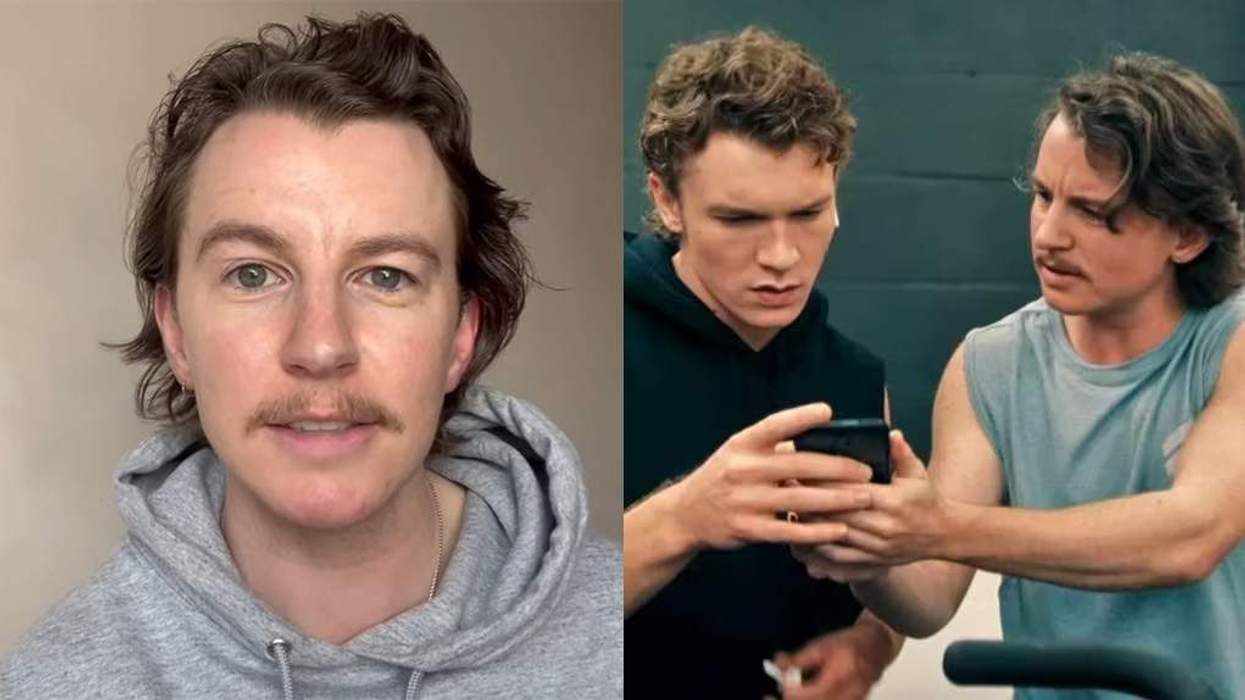
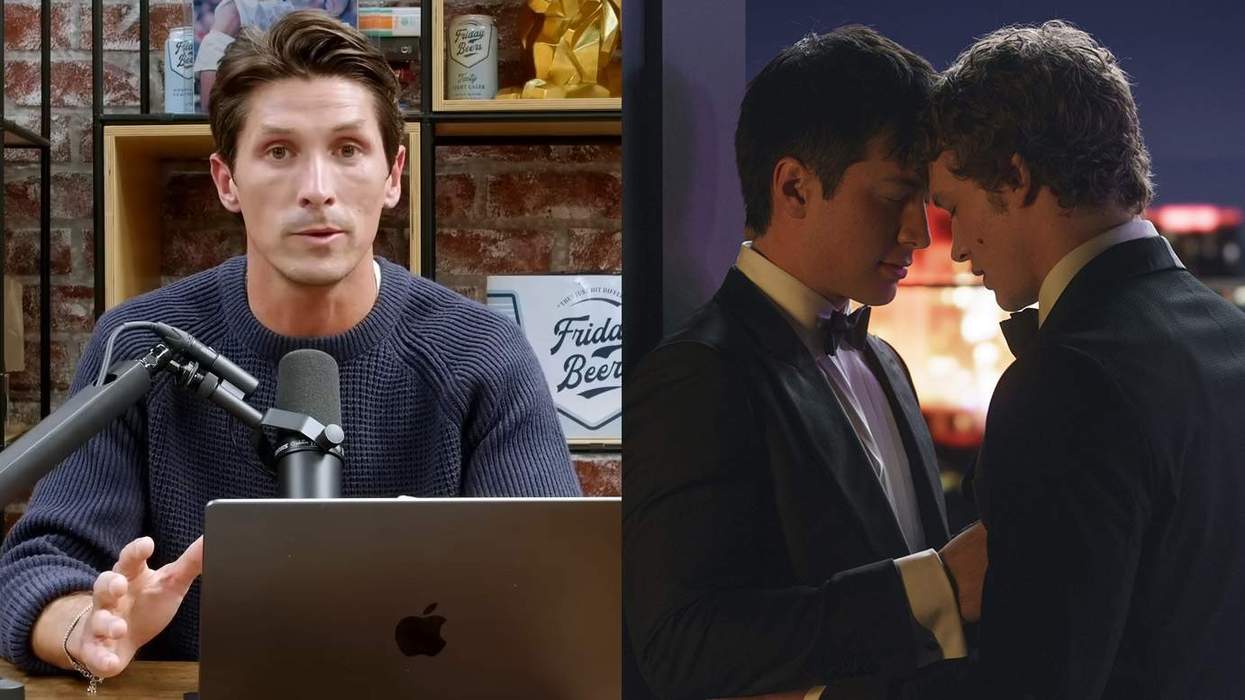
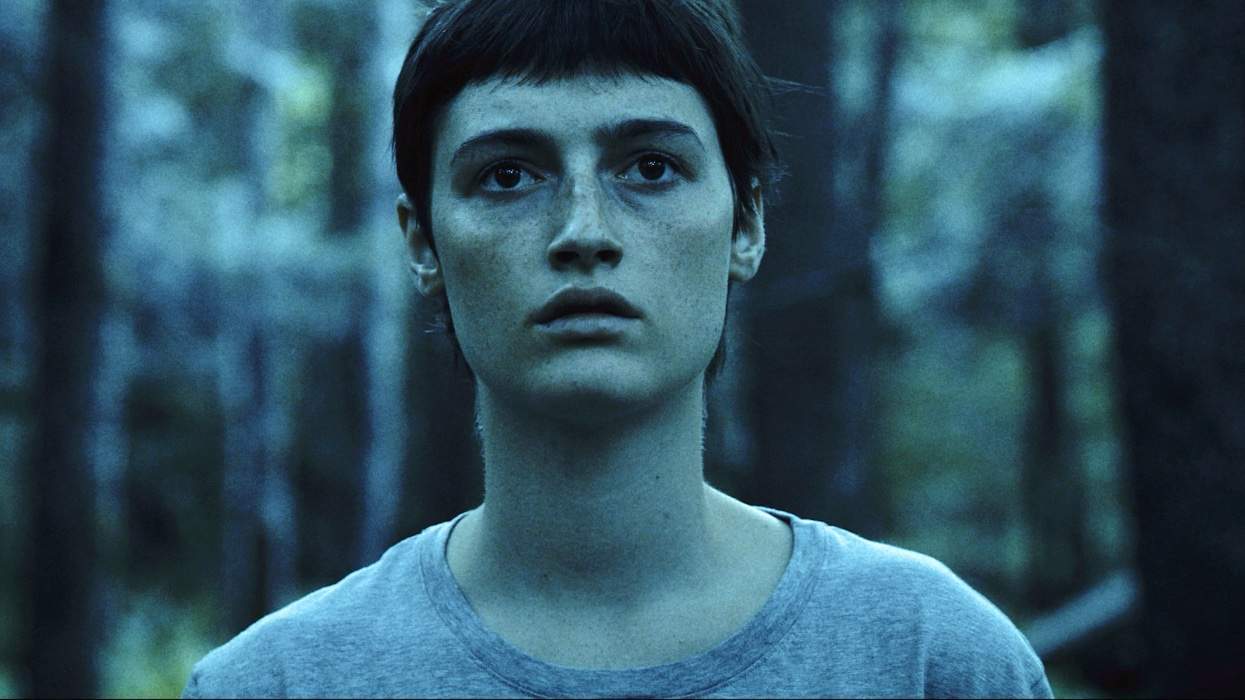
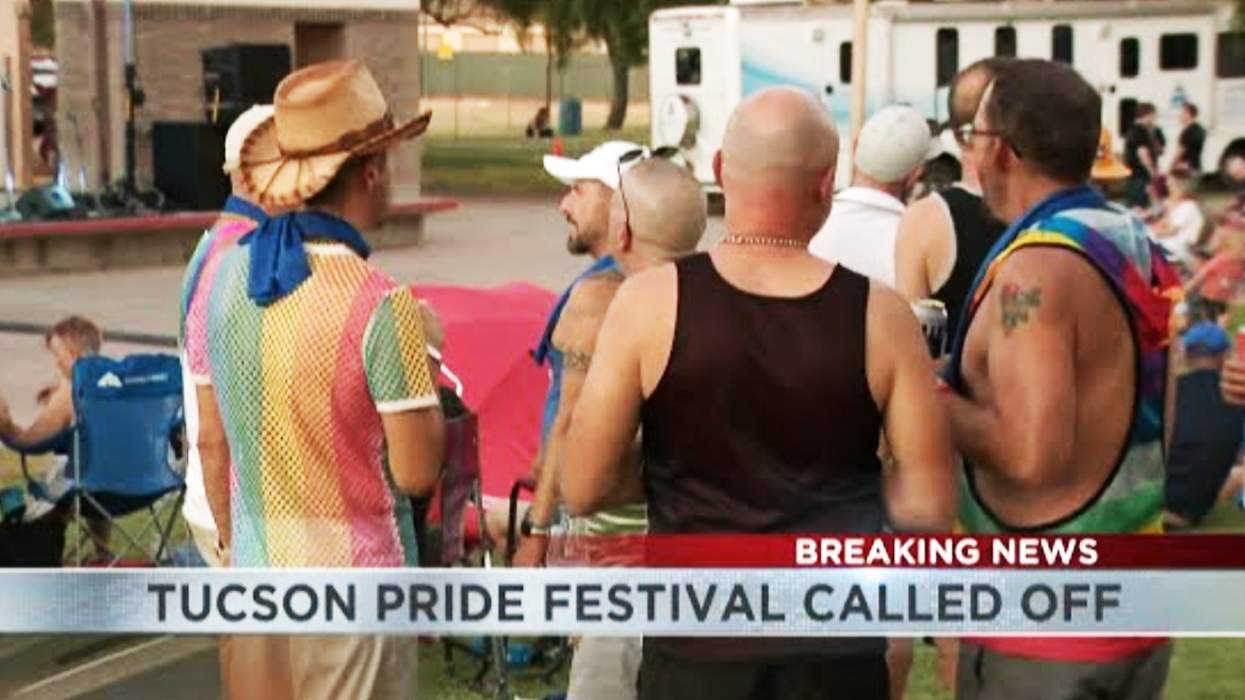

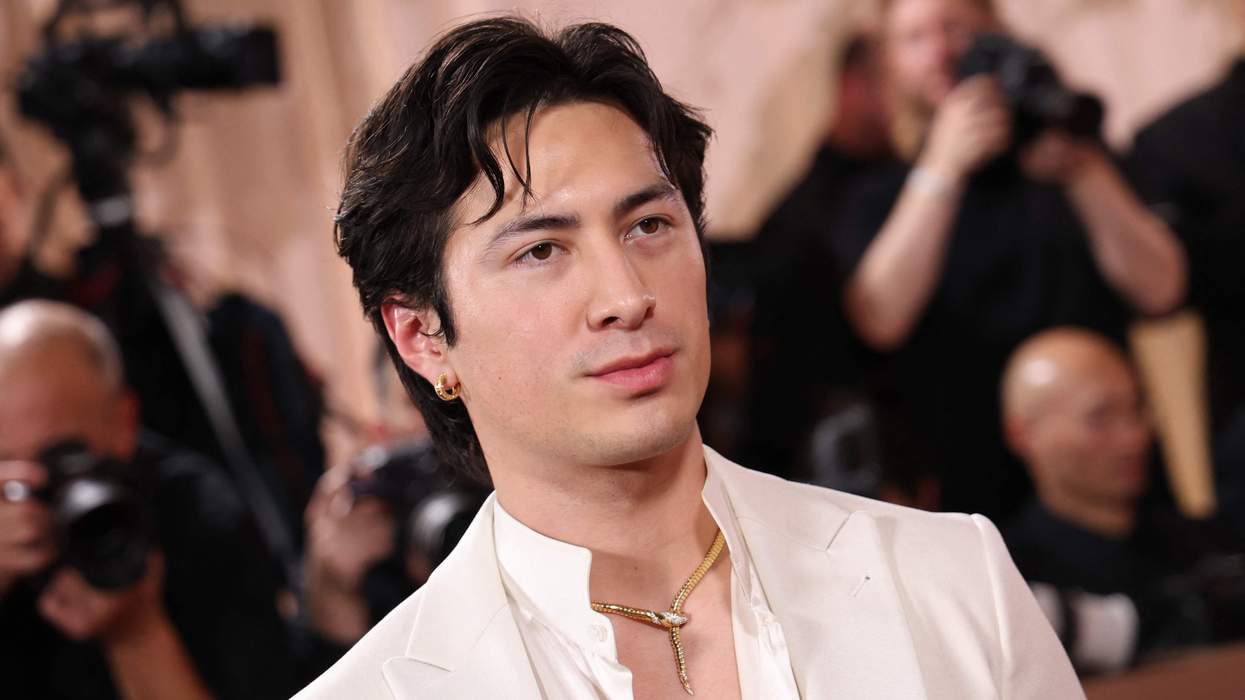
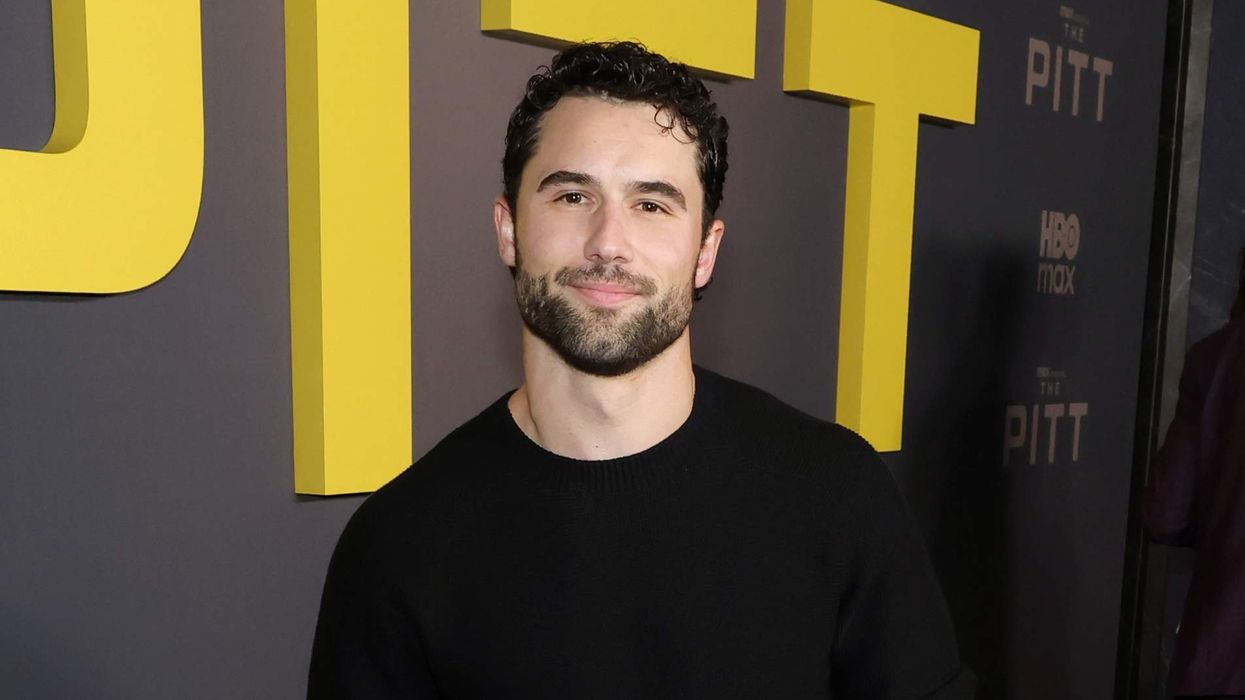


































 Cindy Ord/Getty Images
Cindy Ord/Getty Images























